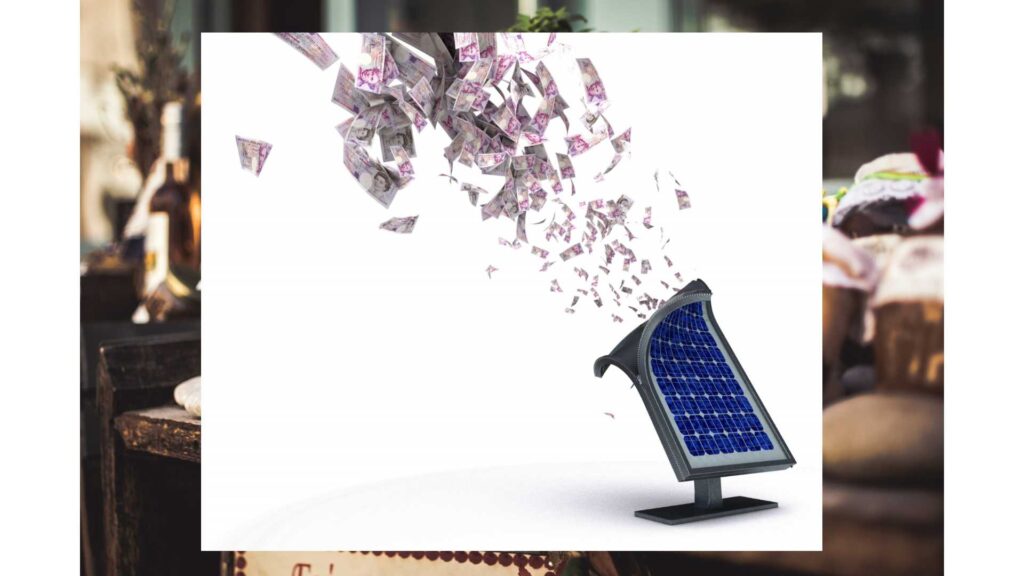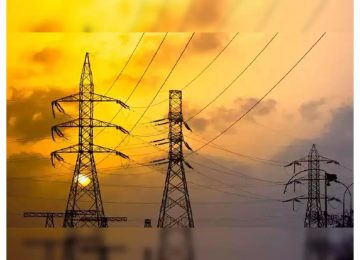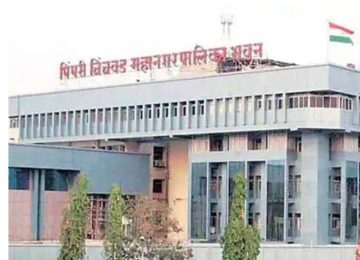In a recent development, the Power Finance Corporation has raised a $1.27 billion foreign currency term loan. This is the largest such borrowing by a public sector undertaking. The company will use the money to finance its green energy transition.
The transaction, which was executed through a facility agreement with multiple banks based in IFSC GIFT City, Gandhinagar, will enable PFC to expand its operations, enhance its market presence, diversify its funding sources and maintain a competitive edge, the company said.
“The floating rate loan, presently at an average rate of 4.21% per annum, denominated in G3 currencies—USD (US Dollars), EUR (Euro), and JPY (Japanese Yen)—has a 5-year tenor and is linked to external benchmark rates such as SOFR for USD, EURIBOR for EUR, and TONA for JPY,” it said.
“SBI (State Bank of India), IDBI, Axis, MUFG, Deutsche & SMBC were the bankers to the issue with SBI being the largest lender and also acting as facility agent for this transaction,” it added.
The Secured Overnight Financing Rate, or SOFR, is a benchmark interest rate that measures the cost of borrowing cash overnight using Treasury securities as collateral.
The Euro Interbank Offered Rate (Euribor), a daily benchmark published by the European Money Markets Institute, reflects the average interest rates at which Eurozone banks lend unsecured funds to one another in the euro wholesale money market.
The Tokyo Overnight Average Rate (TONA) is a Japanese interest rate benchmark that measures the cost of borrowing in the Japanese yen overnight money market.
India’s net-zero emissions target is to achieve net-zero emissions by 2070, which Prime Minister Narendra Modi announced at the 26th Conference of Parties (COP-26) in Glasgow in 2021.
India’s other climate action targets include raising non-fossil energy capacity to 500 GW by 2030, meeting 50% of its energy demand through renewables by 2030, reducing 1 billion tonnes of projected emissions from now till 2030, and achieving carbon intensity reduction of 45% over 2005 levels by 2030.











[…] to Kamran Khan, APAC and MEA Head, ESG, Deutsche Bank, “(The enterprises) in Asia know that they have to get their house in order to protect their […]